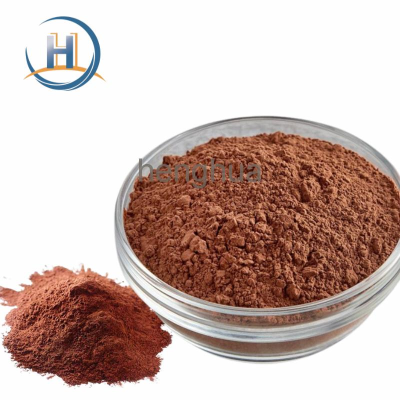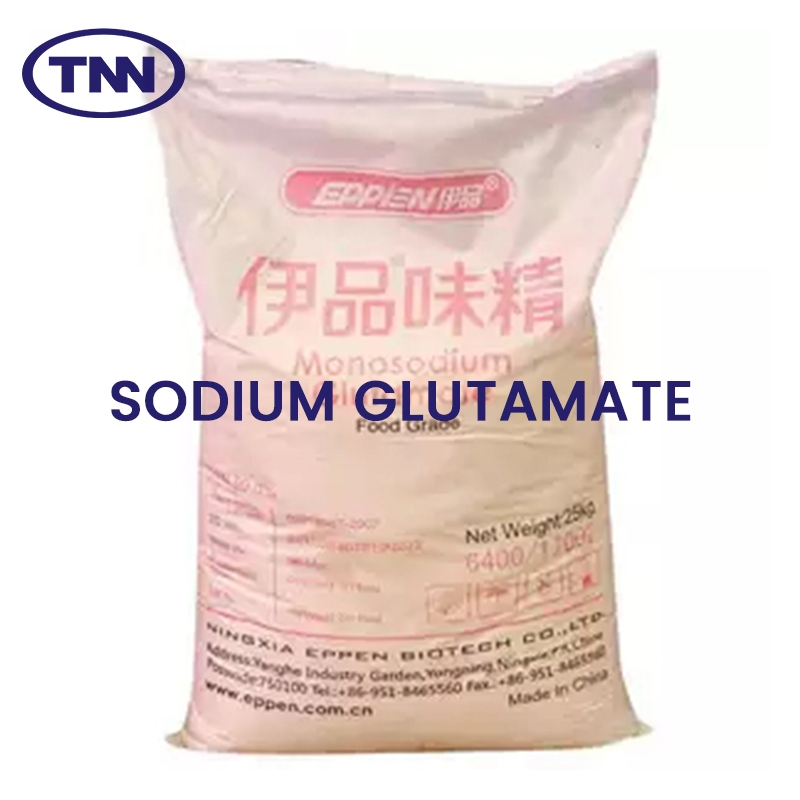-
Categories
-
Pharmaceutical Intermediates
-
Active Pharmaceutical Ingredients
-
Food Additives
- Industrial Coatings
- Agrochemicals
- Dyes and Pigments
- Surfactant
- Flavors and Fragrances
- Chemical Reagents
- Catalyst and Auxiliary
- Natural Products
- Inorganic Chemistry
-
Organic Chemistry
-
Biochemical Engineering
- Analytical Chemistry
-
Cosmetic Ingredient
- Water Treatment Chemical
-
Pharmaceutical Intermediates
Promotion
ECHEMI Mall
Wholesale
Weekly Price
Exhibition
News
-
Trade Service
Soy products production, testing and related units:
Recently since received a number of corporate advisory production of fermented bean curd , tempeh and other fermented without the addition of soy products propionic acid (calcium / sodium) but in the sampling process was detected in acid problem, I will now unified reply as follows:
1.
The traditional natural fermentation process has been passed down for hundreds of years in the production of many soy products (such as fermented bean curd/stinky tofu, tempeh, dipping brine, etc.
).
The traditional fermentation process will naturally produce propionic acid background during the fermentation process.
Propionic acid has antiseptic effect, so products such as green bean curd/stinky tofu, tempeh do not need to add propionic acid (calcium/sodium) and other preservatives
.
The traditional natural fermentation process has been passed down for hundreds of years in the production of many soy products (such as fermented bean curd/stinky tofu, tempeh, dipping brine, etc.
).
The traditional fermentation process will naturally produce propionic acid background during the fermentation process.
Propionic acid has antiseptic effect, so products such as green bean curd/stinky tofu, tempeh do not need to add propionic acid (calcium/sodium) and other preservatives
.
2.
Aiming at the problem of producing propionic acid in fermented soy products such as fermented fermented bean curd and stinky tofu, for many years, companies in the industry, together with external research institutions and related professionals, have been conducting corresponding detection and tracking, and carrying out detection and source of production of propionic acid.
Analysis and research
.
According to the information I have, in conjunction with relevant testing agencies, we have conducted nearly 20 batches of follow-up testing and tested more than 300 samples.
It was found that the content of propionic acid in fermented soybean products increased with the increase in the number of days of fermentation.
At present, the tracking test data that I will have can reach up to 5.
0g/kg
.
Aiming at the problem of producing propionic acid in fermented soy products such as fermented fermented bean curd and stinky tofu, for many years, companies in the industry, together with external research institutions and related professionals, have been conducting corresponding detection and tracking, and carrying out detection and source of production of propionic acid.
Analysis and research
.
According to the information I have, in conjunction with relevant testing agencies, we have conducted nearly 20 batches of follow-up testing and tested more than 300 samples.
It was found that the content of propionic acid in fermented soybean products increased with the increase in the number of days of fermentation.
At present, the tracking test data that I will have can reach up to 5.
0g/kg
.
3.
In view of the background of propionic acid in fermented soy products and local sampling and judgment issues
.
I would call us a "national food safety standards of food additives using standard " (GB2760) standard committee secretariat, the answer is: GB2760 standards for the use of food additives, the standard limit value of the limit of use of food additives; because the background, with There are circumstances such as the import principle, the maximum use amount is not necessarily equal to the content of the substance in the final food; if it is not added during the food production process, it is a naturally occurring substance in the food itself.
Although the name is the same as the name of the food additive, It does not belong to the category of food additives and does not apply to GB2760
.
In view of the background of propionic acid in fermented soy products and local sampling and judgment issues
.
I would call us a "national food safety standards of food additives using standard " (GB2760) standard committee secretariat, the answer is: GB2760 standards for the use of food additives, the standard limit value of the limit of use of food additives; because the background, with There are circumstances such as the import principle, the maximum use amount is not necessarily equal to the content of the substance in the final food; if it is not added during the food production process, it is a naturally occurring substance in the food itself.
Although the name is the same as the name of the food additive, It does not belong to the category of food additives and does not apply to GB2760
.
Soy Products Professional Committee of China Food Industry Association
November 25, 2012







